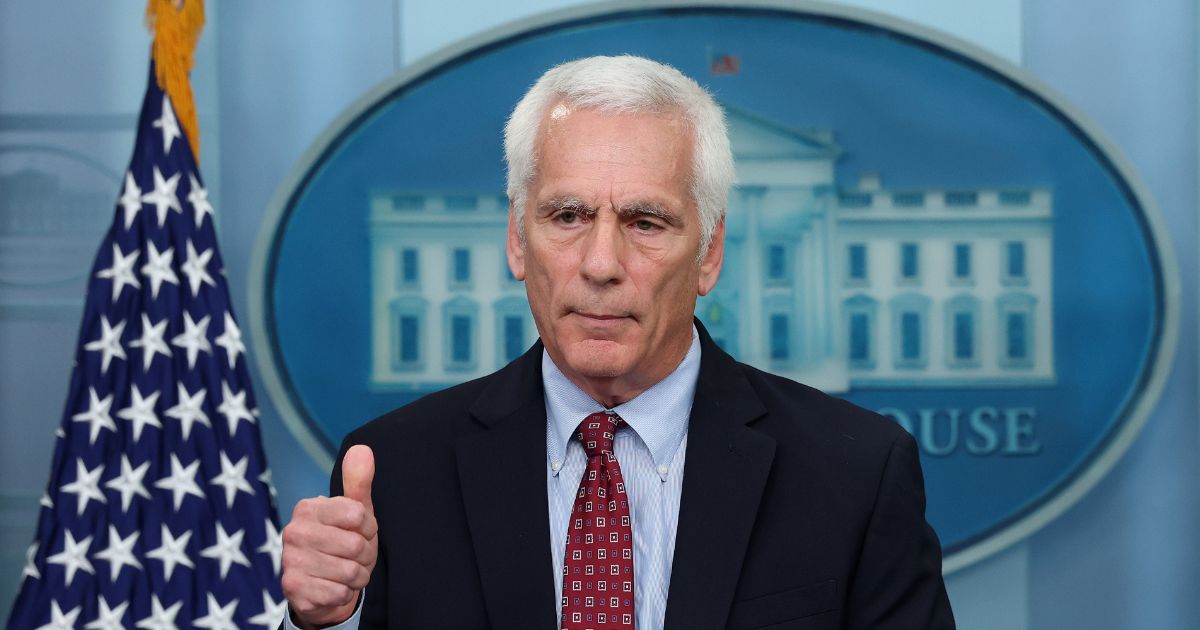Biden introduces broad actions to reduce excessive fees.
Companies May Soon Be Required to Disclose Hidden Fees, Says President Biden
President Joe Biden has unveiled a new rule that could force companies to reveal hidden fees to customers. The Federal Trade Commission (FTC) has proposed a rule that would require businesses in all industries under its jurisdiction to show the total price upfront to customers. This rule would apply to various sectors, including concert and sports tickets, hotel and lodging firms, and apartment and car rental agencies.
Related Stories
- ea_src=author_manual&ea_med=related_stories“>California to Eliminate ‘Junk Fees’ With New Law Signed by Newsom – 10/11/2023
- FTC’s Khan Doubles Down on Banning Noncompete Agreements, Fighting Junk Fees – 7/24/2023
If implemented, the FTC would have the power to fine companies that refuse to disclose the full upfront price and secure refunds for customers who have been charged hidden fees. According to FTC Chair Lina Khan, these unexpected costs can add up to tens of billions of dollars per year for consumers, allowing corporations to extract money from families “just because they can.”
President Biden described the proposal as the “most comprehensive action ever” to eradicate junk fees. He emphasized that these fees take money out of the pockets of American families and add hundreds of dollars to household budgets. “These junk fees may not matter to the wealthy, but they sure matter to working folks in homes like the one I grew up in,” President Biden said.
The Consumer Financial Protection Bureau (CFPB) will also take measures to restrict large financial institutions and credit unions from charging customers for basic services. Additionally, a proposed CFPB rule would make it easier for customers to switch banks by allowing them to securely send transaction data to other institutions.
While the administration claims that restricting junk fees is saving consumers money, critics argue that companies will simply raise the headline prices of services. The Cato Institute, a libertarian-leaning think tank, suggests that the total amount spent by U.S. households would remain largely unchanged.
Despite differing opinions, the Biden administration remains committed to cracking down on junk fees and protecting consumers from unnecessary charges. The American Bankers Association is closely reviewing the CFPB’s guidance to ensure it aligns with appropriate administrative procedures and relevant statutes.
What is the goal of the proposed rule by the FTC to ban non-compete agreements?
Ements-8906528.html?ea_src=author_manual&ea_med=related_stories”>FTC’s Khan Doubles Down on Banning Non-Compete Agreements – 10/15/2023
The goal of this new rule is to protect consumers from deceptive pricing practices and to promote transparency in the marketplace. President Biden emphasized that hidden fees can be a burden on consumers, who often only discover them after they have made a purchase. By requiring upfront disclosure of all fees, customers can make informed decisions and avoid unexpected charges. In recent years, there have been numerous complaints from customers about hidden fees in various industries. Ticket buyers, for example, are often surprised by additional charges for processing fees, convenience fees, and delivery fees. Similarly, hotel guests may be unaware of mandatory resort fees or parking fees until they check out. These hidden fees can significantly increase the overall cost of a transaction and leave customers feeling deceived. The proposed rule by the FTC would require companies to disclose all fees and charges that are not included in the advertised price. This means that any additional fees, such as taxes, service charges, or facility fees, must be clearly stated upfront. In addition, companies would be prohibited from adding any undisclosed fees after the initial purchase is made. If implemented, this rule would give consumers more power in their purchasing decisions. They will be able to compare prices accurately and assess the true cost of a product or service. It will also discourage companies from using deceptive pricing strategies to attract customers with low advertised prices but compensating for it with hidden fees. The proposed rule has received support from consumer advocacy groups, who believe that increased transparency will benefit customers. However, some industry groups have expressed concerns about the potential impact on their businesses. They argue that disclosing all fees upfront may deter customers from making purchases or booking services. In response to these concerns, President Biden stated that transparency would ultimately benefit both consumers and businesses. He believes that customers will have more trust in companies that are transparent about their pricing, which could lead to increased loyalty and repeat business. The proposed rule is currently in the public comment period, during which stakeholders can submit feedback and suggestions. After this period, the FTC will review the input before finalizing the rule. If approved, it is expected to take effect within the next year. In conclusion, President Biden’s push for companies to disclose hidden fees is aimed at protecting consumers and promoting transparency in the marketplace. This proposed rule by the FTC would require businesses to show the total price upfront, including all fees and charges that are not included in the advertised price. While some industry groups have expressed concerns, President Biden believes that increased transparency will benefit both customers and businesses in the long run. As the rule moves through the public comment period, stakeholders have the opportunity to provide input and shape its final form. Overall, this rule has the potential to empower consumers and provide them with the information they need to make informed purchasing decisions.
" Conservative News Daily does not always share or support the views and opinions expressed here; they are just those of the writer."





